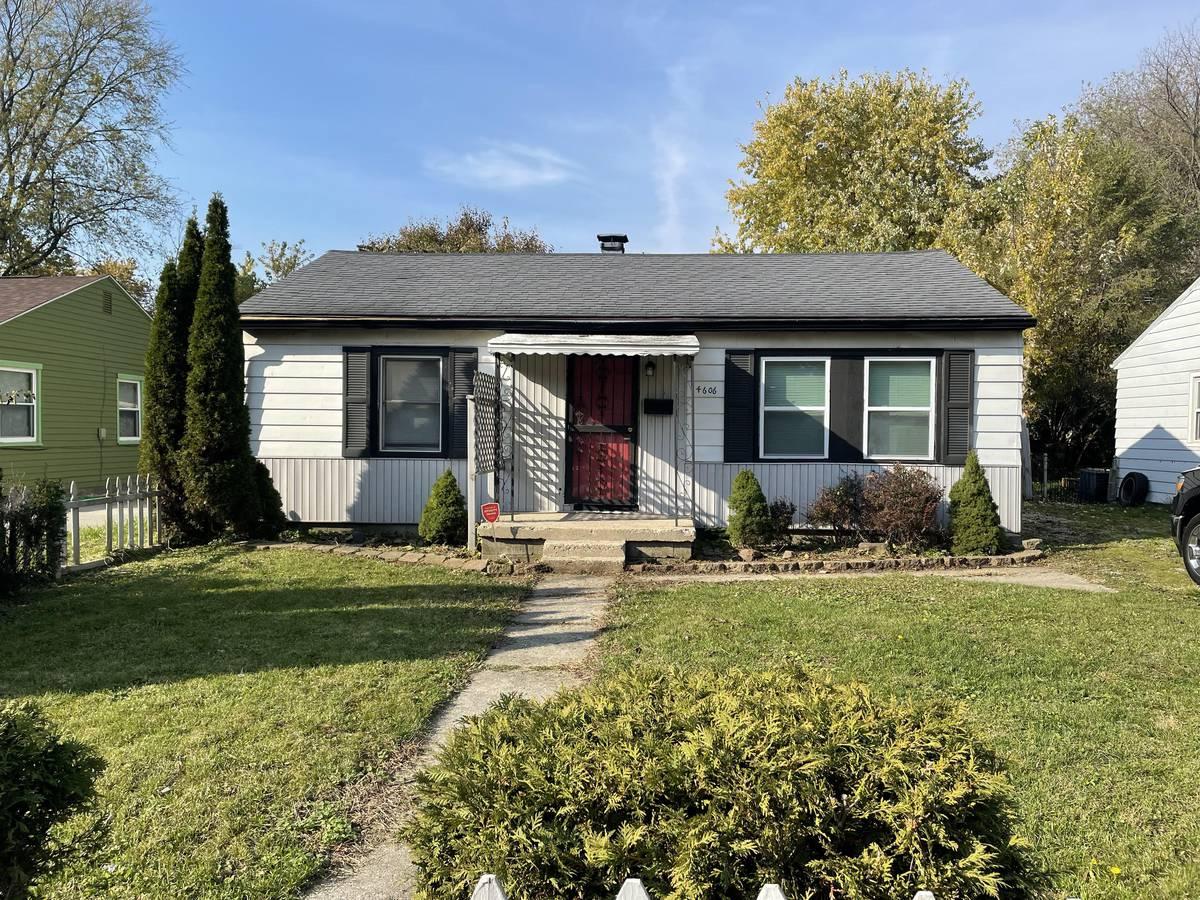Investing in rental properties can be a lucrative venture, but it’s crucial for landlords to be aware of the various tax deductions available to optimize their financial outcomes. In this blog post, we’ll explore key rental property tax deductions that can help landlords save money and maximize their return on investment.
- Mortgage Interest Deduction: Similar to homeowners, landlords can deduct the interest paid on their mortgage loans for rental properties. This deduction covers interest on loans used to acquire, improve, or maintain the property. Keep detailed records of mortgage interest payments to maximize this deduction.
- Property Depreciation: Depreciation is a valuable tax deduction that allows landlords to deduct the cost of the property over time. Residential rental properties are typically depreciated over 27.5 years, while commercial properties are depreciated over 39 years. This deduction can significantly offset taxable income.
- Operating Expenses: Landlords can deduct various operating expenses associated with managing their rental properties. This includes property management fees, maintenance and repairs, utilities, insurance, and legal fees. Keeping thorough records of these expenses is essential for accurate deductions.
- Travel Expenses: If you travel to manage your rental property, you may be eligible to deduct travel expenses. This includes transportation costs, lodging, and meals. It’s crucial to differentiate between trips solely for property management and personal trips to ensure compliance with tax regulations.
- Home Office Deduction: Landlords who use a dedicated space in their home for rental property management activities may qualify for a home office deduction. This deduction allows landlords to deduct a portion of their home-related expenses, such as mortgage interest, property taxes, and utilities, based on the percentage of the home used for rental purposes.
- Repairs vs. Improvements: While repairs are fully deductible in the year they are incurred, improvements must be depreciated over time. Understanding the distinction between repairs and improvements is essential to accurately claim deductions. Repairs maintain the property’s current condition, while improvements enhance its value.
- Section 179 Deduction for Appliances and Furnishings: Landlords can take advantage of the Section 179 deduction for certain personal property used in the rental property, such as appliances and furnishings. This allows for the immediate expensing of qualified items rather than depreciating them over time.
- Casualty Loss Deduction: In the unfortunate event of property damage due to unforeseen circumstances, landlords may be eligible for a casualty loss deduction. This deduction can help offset the financial impact of events like natural disasters, fires, or theft.
Being aware of and leveraging rental property tax deductions is essential for landlords seeking to maximize their profitability. Keep meticulous records, stay informed about tax laws, and consider consulting with a tax professional to ensure compliance and optimize your tax strategy. By taking advantage of these deductions, landlords can enhance their financial position and make their rental property investment more rewarding.
If you’re interested in earning 2.5x more on a single-family property, become a PadSplit host today. Contact the PadSplit team to learn more about listing your property on our platform!


